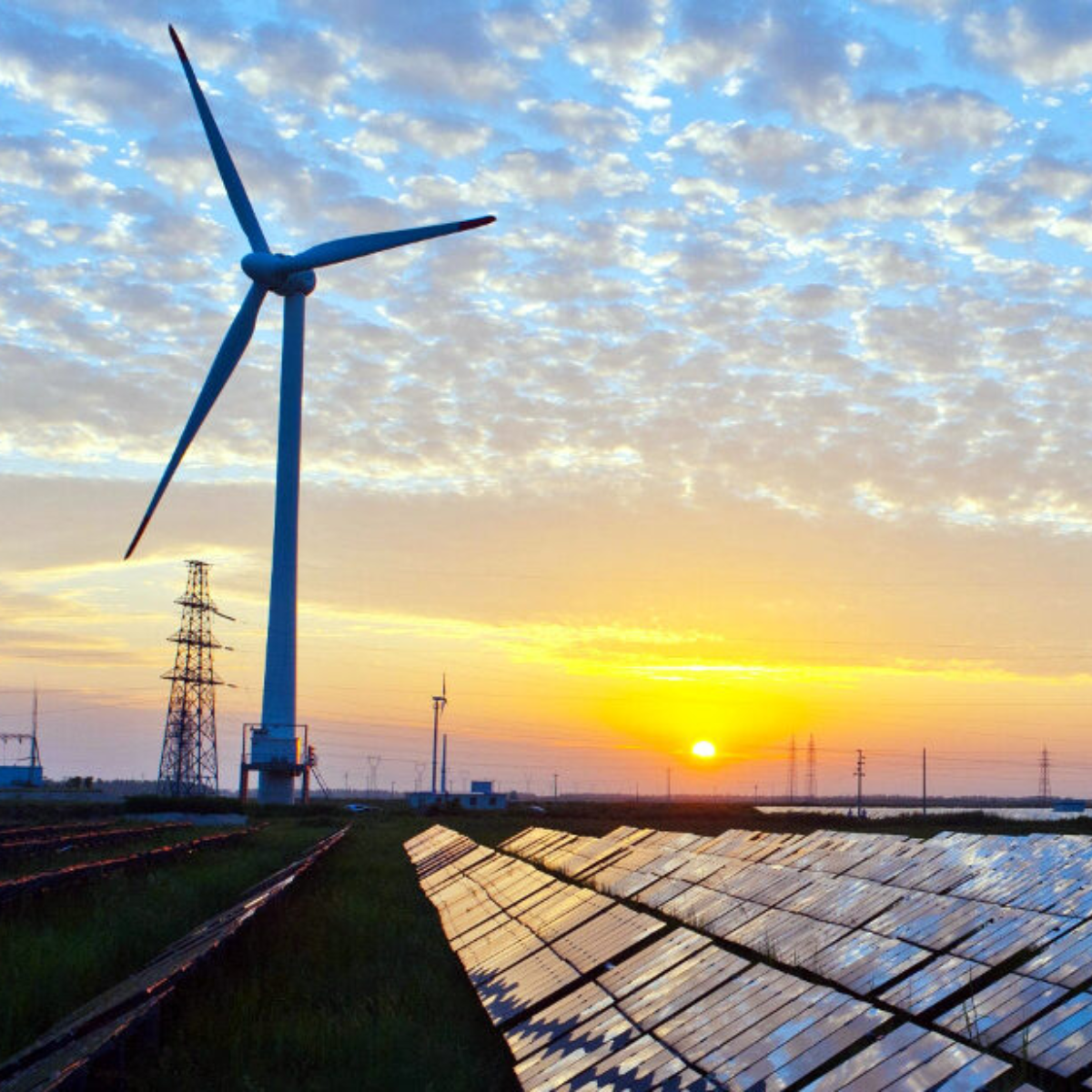Bangladesh is Forging Ahead with a Green Foreign Policy
Source: South Asian Voices
Date: 11 Aug 2023
Bangladesh, ranking seventh among the countries most prone to extreme disaster risks due to climate change, has experienced 11,450 casualties and incurred economic losses of $3.72 billion. In response, Dhaka is embracing “green partnerships” through diplomatic channels, focusing on exchanging capacity, technology, and knowledge.
Collaborating with Denmark on renewable energy, exemplified by a $1.3 billion proposal for 500 MW offshore wind, and partnering with the Netherlands for delta management with $8.9 million in support, stand out. Bangladesh’s engagement includes forums like P4G for green growth. The World Bank has allocated $1.25 billion to boost climate resilience. The article underscores the need for South-South partnerships to enhance resilience based on shared vulnerabilities. Bangladesh aims to expand ties with countries like Thailand, aligning policies for climate adaptation.
Bhutan becomes country with ‘net zero carbon emissions’
Source: Hindustan Times
Date: 15 Aug 2023
During the UN Climate Change Conference, Bhutan committed to the Paris Agreement, joining 196 nations. A report by The Bhutan Live highlighted Bhutan’s unique accomplishment: transforming into a carbon sink, absorbing more CO2 than emitting, achieving net zero emissions. This success is attributed to its 800,000 population and extensive 70% forest coverage. The World Economic Forum reported eight countries, including Bhutan, achieving net zero emissions.
Comoros and Gabon also showcase emission control. Bhutan prioritizes sustainable practices, such as organic farming, hydropower, and eco-tourism, charging $200 daily to visitors. Guided by its spiritual forest heritage, Bhutan’s climate-conscious forest economy mitigates emissions, preserves habitats, and explores innovative solutions. The nation’s journey inspires global commitment to sustainability amid the complexities of climate change.
Climate journalists need persistence to get good data, including from governments
Source: Reuters Institute
Date: 11 Aug 2023
Pakistani journalists face a series of challenges in accessing climate data. Despite obstacles, journalists rely on sources within government departments, Right to Information requests, and international data. The difficulty was evident during the 2022 floods, hindering comprehensive coverage and government action tracking. Obtaining local knowledge and overcoming skepticism of climate change’s reality remain vital for climate journalism in Pakistan.
Share top headlines in South Asia here.



